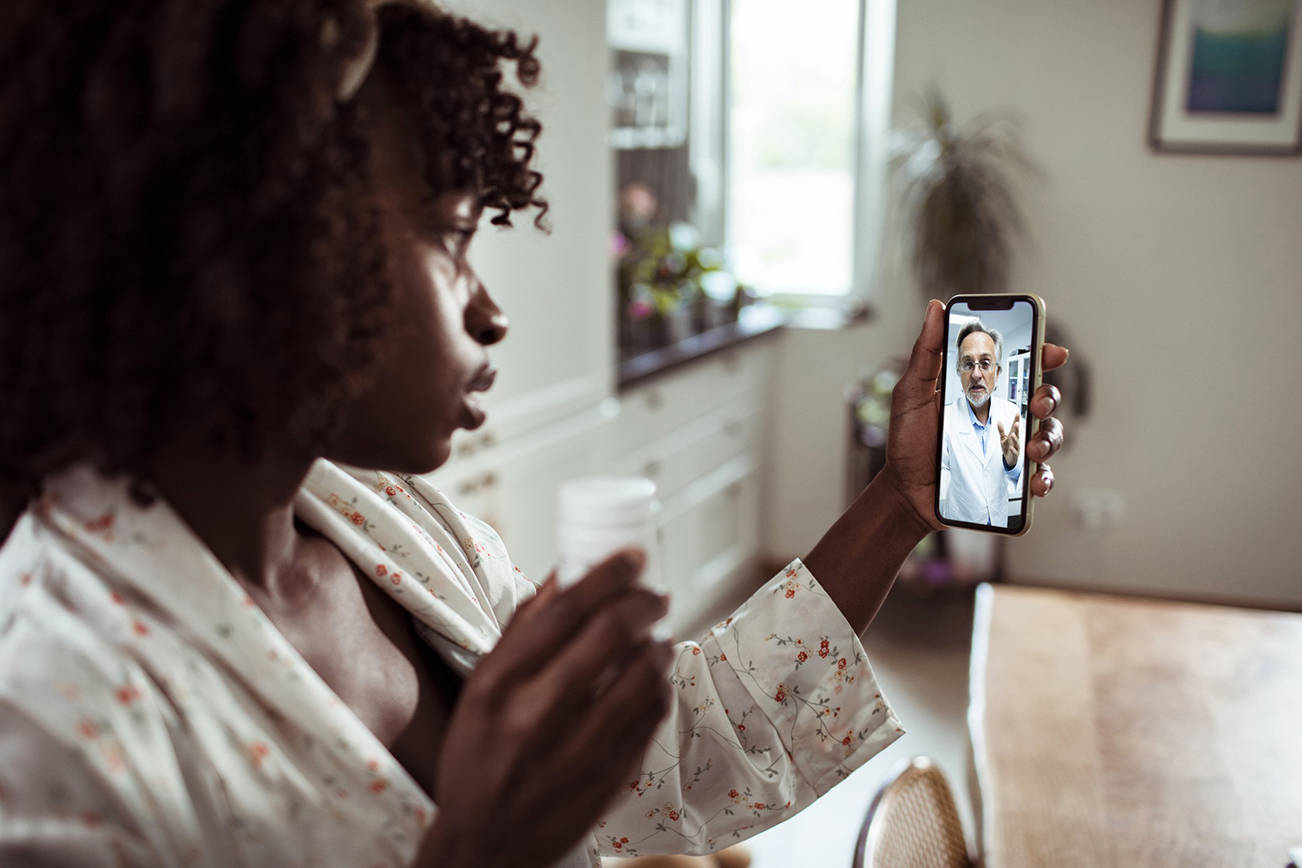Submitted by the Washington State Department of Health
Out of nowhere, you have a cough. Or a headache. You’re wondering if you might be feverish. You start sniffing things and can’t really tell if your sense of smell is normal. You googled your symptoms, you’ve used the CDC symptom checker, and you’re still wondering if this might be COVID-19. Now what?
Call your health care provider to let them know how you are feeling and ask whether you should get a test for the virus that causes COVID-19.
Isolate yourself as much as possible
If you feel even a little bit sick, reschedule any plans you may have to see others in person. Stay home. Do not run errands. If you generally need to go to work in person, call your supervisor to let them know about your concerns, and request time off. Take special care to protect your household members by staying more than six feet away from them — in a separate room, if possible — and by wearing a cloth face covering if you are in the same room as someone else. Wash your hands even more frequently than usual.
Ask about testing
Call your health care provider to let them know how you are feeling and ask whether you should get a test for the virus that causes COVID-19. If you do not have a health care provider or health insurance, call your local health department to find testing sites. A COVID-19 test is free no matter what kind of insurance you have or don’t have.
Waiting for your results
How long it takes to get your test results depends on the test and the laboratory your testing site used. Make sure you understand how you will learn the results and who you should call if you haven’t heard in the expected amount of time.
Stay home and continue to isolate yourself while you wait to get your test results.
Understanding your results
If you test positive for COVID-19, a public health professional will reach out to you with help and advice for isolating yourself. They will also talk with you to understand how you may have caught COVID-19 and to help contact others who may have been exposed. This will help keep them from spreading COVID-19 to anyone else. The public health professionals will also help you understand when it is safe for you to be around other people again.
If you test negative for COVID-19, you probably were not infected at the time your sample was collected. It’s possible that your test was done too early in your infection to test positive, so your health care provider may recommend that you be tested again.
Most people with COVID-19 have mild illness and can recover at home without medical care. If your symptoms are getting worse or if you have other questions about your health, call your health care provider. Otherwise, stay home, wash all your cloth face coverings, wash your hands, and we’ll look forward to seeing you again when you are feeling better, in your mask, outdoors, from six feet away.
Practice compassion. Take care of your friends by canceling plans if you don’t feel well. And if you are feeling great, by meeting them outdoors and always staying at least six feet apart.



